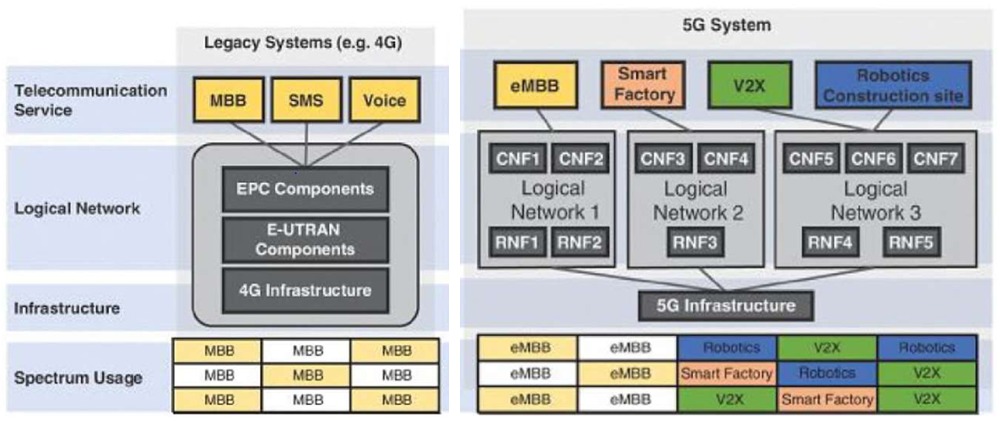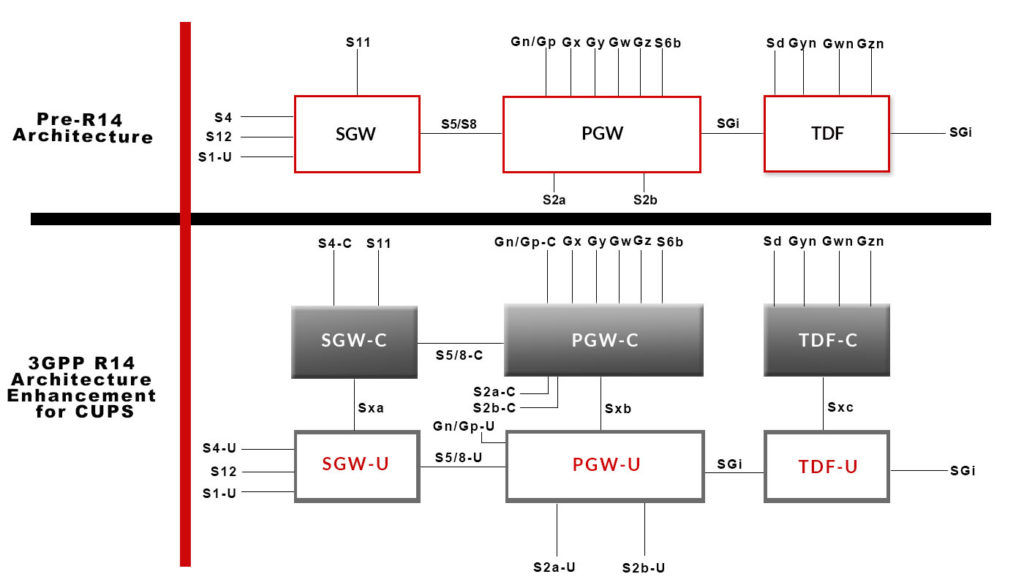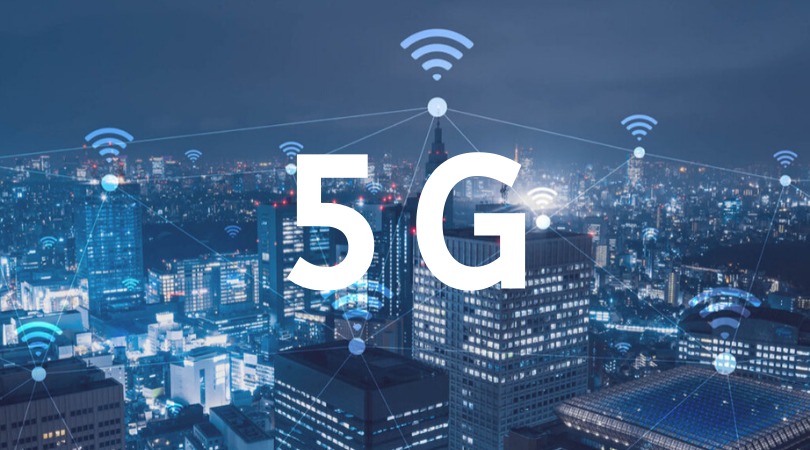Artificial Intelligence (AI) is an area that can provide many benefits to the telecom industry sector. However, AI applications have still low penetration to existing telecom networks. Most Carriers are currently investigating the potential benefits of this technology and its implementation on the new 5G networks. Some Operators are already experimenting with AI to optimize their network performance, but there is still a lot of work to be done in this area and a lot more investment needed in services and data analytics, before achieving the full commercial benefits of AI in 5G Telecom Industry.
4G commercial example
Although 4G was a very successful technology in terms of implementation and market penetration, it did not manage to generate sustainable Average Revenue per User (ARPU) for operators. Since in most developed telecom countries the markets were quite mature regarding 2G & 3G technology network, the arrival of 4G did not create a large number of new subscribers, especially for incumbent operators.
Furthermore, the main advantages of 4G technology, such as broadband speed connectivity, did not generate higher ARPUs due to the fierce competition in already saturated telecom markets. In Europe, the decision by the European Commission to drop international roaming fees in EU countries fees in the last several years resulted in even lower ARPU levels.
AI in 5G Telecom Industry commercial case
AI and data analytics can drive a fundamental change in 5G Cellular Carriers’ financial and commercial models. According to several research analyses, new AI models can reduce the operator’s costs by enhancing 5G network planning, provide service innovation and delivery, and reduce operational and customer care costs via automation. With one of 5G’s primary use case being massive connectivity, it becomes evident that automation of services and operations is vital for 5G commercial success.
AI 5G implementation examples
AI in 5G Telecom Industry can drive the evolution to Self Optimized Networks (SON), to automate the processes and reduce operational costs. Most current network implementations rely on event-based network data tracking by using telemetry and alarms. These need to be evaluated and handled by the Operations teams, which results in a heavy load on human resources. Network operators may move to real-time self-healing networks, using AI and data analytics to store massive amounts of historical data. These data can then be used for adopting automated actions and updating their network policies.
With extensive data storing of network events, Machine Learning will provide the system with the ability to identify patterns to predict, classify and then troubleshoot the events. AI can be used by the system to identify the peak traffic hours and be able to regulate traffic accordingly. During hours of low user data, the system could turn off some active network elements, resulting in power consumption reduction and effective network resource management.
The systems can monitor the events and the alarms of the platforms and may be able to classify each network event, by identifying the root cause and performing mitigating actions or propose ways of troubleshooting without human intervention. AI can be used to monitor hardware and software KPIs and be able to predict malfunctions and hardware faults, resulting in effective incident management and predictive maintenance.
Network optimization is now feasible, with AI expected to help in reducing site congestion through efficient spectrum management and increase network capacity with the same workforce. By monitoring the network and be able to perform proactive actions, the network incidents can be reduced significantly, since many events can be resolved before they become visible to the end user, delivering a high standard quality of experience to the end customer.
Regarding customer care, chatbots can be used to move the service from human to mostly digital, while CVM campaigns can be enabled by Big Data, thus reducing the costs and deliver real savings.
AI also has great potential in Smart Factories applications, where network automation is an essential factor. The production cycle can be assisted via predictive maintenance and supply chain forecasts, while data analytics can provide optimization via predictions of anomalies and potential bottlenecks. AI and Machine Learning may assist in machine, process, product and customer data storage, data caching, data integration and modeling.
AI 5G Telco Challenges
Telecom Operators will need to change their mentality towards AI, for all stakeholders to be able to understand AI’s benefits and how it can help their business and everyday work. AI in 5G Telecom Industry business case has to be clear for all parties involved, from top management down to each individual employee.
At this point, it seems that in Telecom Industry there is a lack of centralized AI approach which limits AI implementation. AI strategy and policies are now set by individual business units, where data and ideas are shared only when necessary. For AI to reach a mature state in the telecom market, central analytic and consulting teams should be appointed with common priorities to achieve a top-down approach, with collaboration of Marketing, Operations, HR and IT & Security teams. Centrally coordinated activities will help to make the transition from current AI pilots to live environment implementations.
Network upgrades to more homogenous and automated systems also play a vital role in AI expansion, while collaboration with the vendors and creating a common strategy for the Industry is also required. Last but not least, there are limited ongoing standardization and coordination activities regarding AI applications. Collaboration with the state and setting a common framework and strategy with the Industry, for advertising the benefits of AI and to dispel any concerns of AI’s contribution to society will give AI the edge for massive deployment and evolution of digital systems.
5G Mobile Operators that will manage to foster an AI mentality, master AI to the core and effectively scale AI projects from pilot to production will have the most commercial success with the new 5G services and 5G telecom systems of the future.













